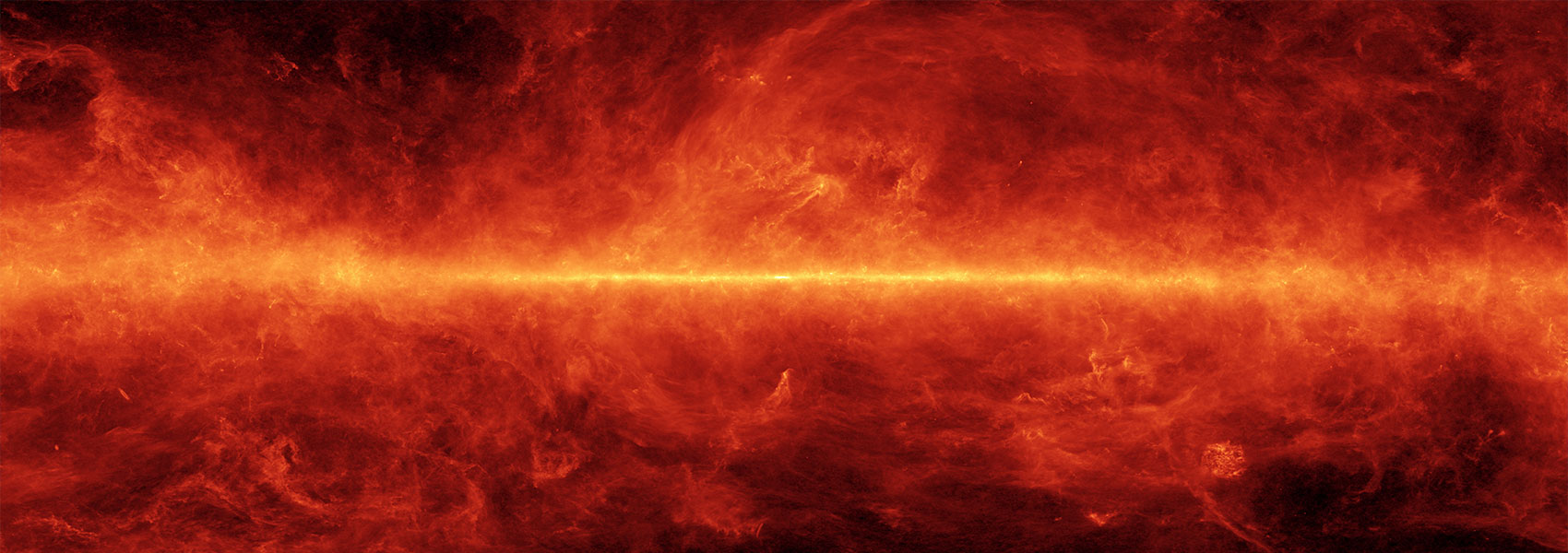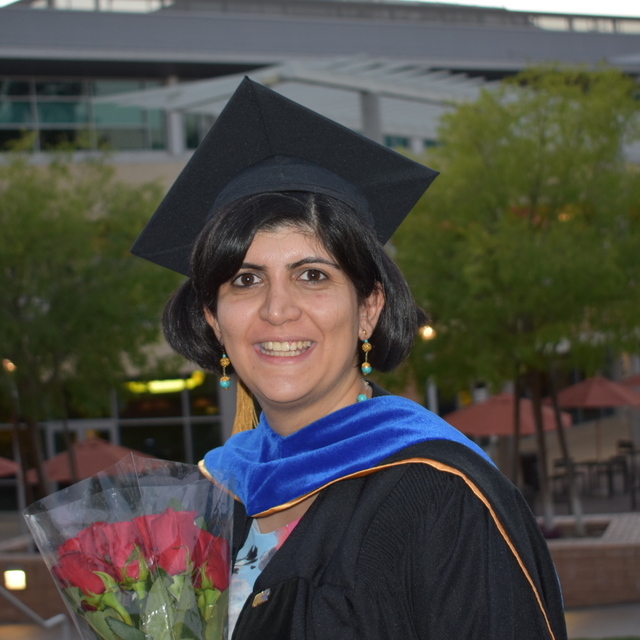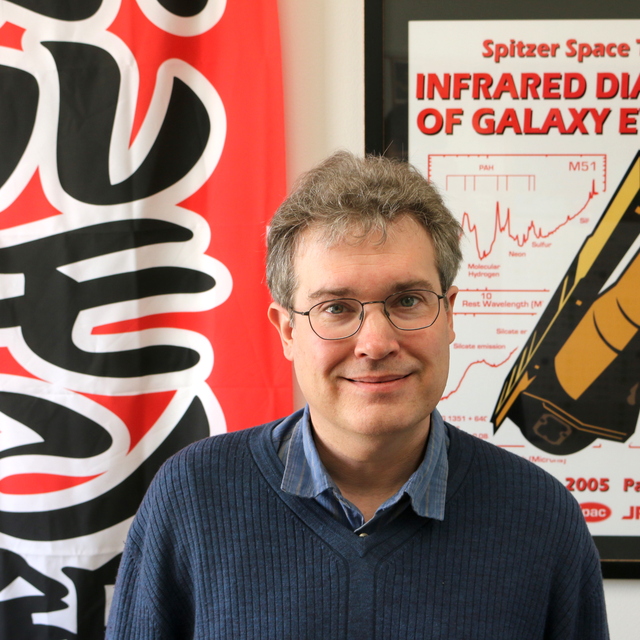
Investigating the Dominant Environmental Quenching Process in UVCANDELS/COSMOS Groups
April 2023 • 2023ApJ...947...17Z
Abstract • We explore how the fraction of quenched galaxies changes in groups of galaxies with respect to the distance to the center of the group, redshift, and stellar mass to determine the dominant process of environmental quenching in 0.2 < z < 0.8 groups. We use new UV data from the UVCANDELS project in addition to existing multiband photometry to derive new galaxy physical properties of the group galaxies from the zCOSMOS 20 k group catalog. Limiting our analysis to a complete sample of log (M */M ⊙) > 10.56 group galaxies, we find that the probability of being quenched increases slowly with decreasing redshift, diverging from the stagnant field galaxy population. A corresponding analysis on how the probability of being quenched increases with time within groups suggests that the dominant environmental quenching process is characterized by slow (~Gyr) timescales. We find a quenching time of approximately ${4.91}_{-1.47}^{+0.91}$ Gyr, consistent with the slow processes of strangulation and delayed-then-rapid quenching although more data are needed to confirm this result.
Links
- SIMBAD https://simbad.u-strasbg.fr/simbad/sim-ref?querymethod=bib&simbo=on&submit=submit+bibcode&bibcode=2023ApJ...947...17K
- PDF https://iopscience.iop.org/article/10.3847/1538-4357/acacfd/pdf
- PREPRINT http://arxiv.org/abs/2205.12169
- DATA https://archive.stsci.edu/mastbibref.php?bibcode=2023ApJ...947...17Z
- DATA https://hst.esac.esa.int/ehst/#/pages/search;bibcode=2023ApJ...947...17K
- DATA https://hst.esac.esa.int/ehst/#/pages/search;bibcode=2023ApJ...947...17Z
- DATA https://irsa.ipac.caltech.edu/bibdata/2023/K/2023ApJ...947...17K.html
- ELECTR https://doi.org/10.3847/1538-4357/acacfd




